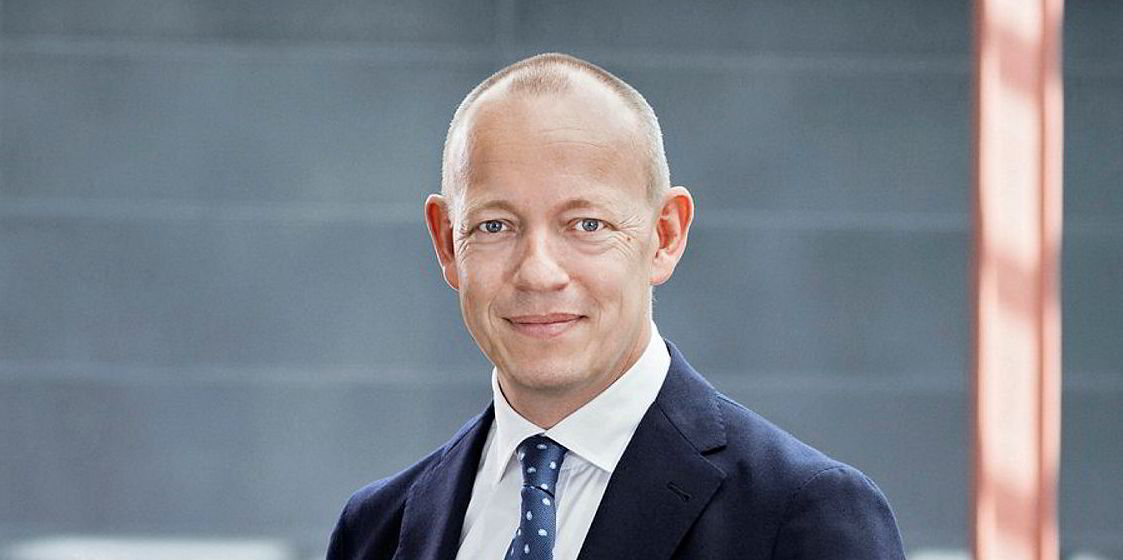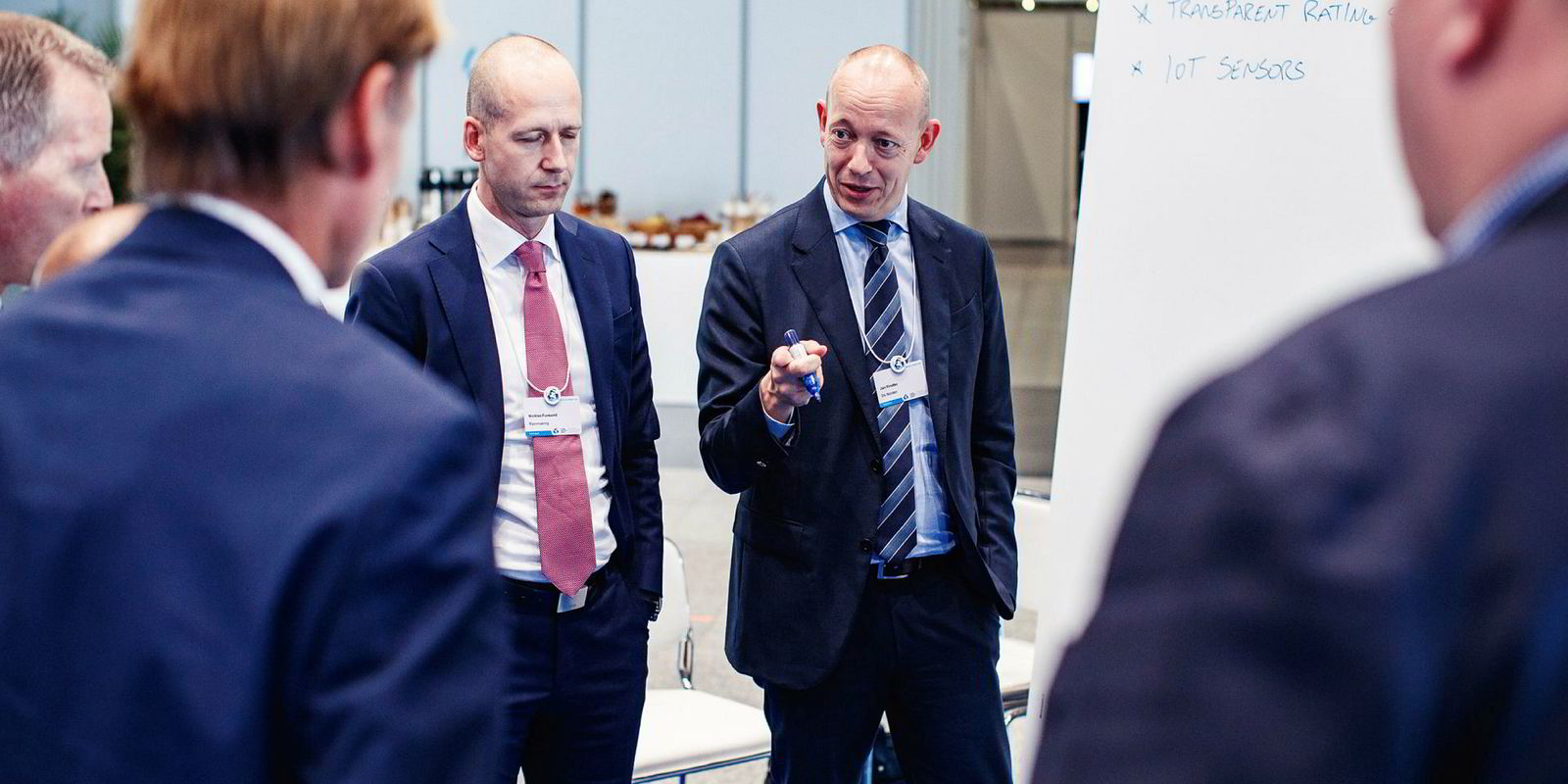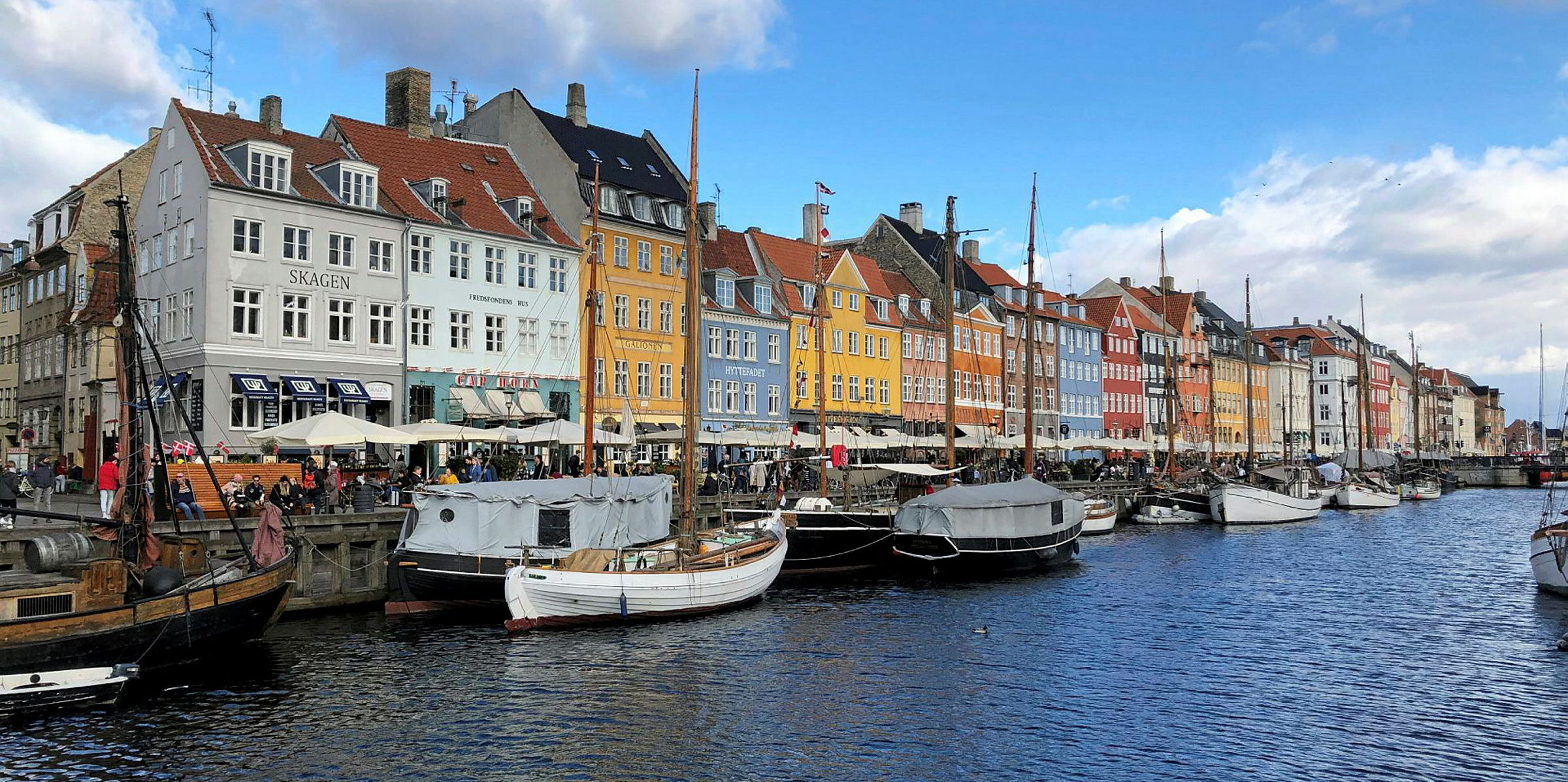An outbreak of swine flu in China poses a greater immediate threat to the dry cargo market than US president Donald Trump’s latest trade-war sabre-rattling, Norden says.
African swine flu has been sweeping across South East Asia and is now widespread in China after first being detected last August.
At the same time Trump has dented hopes of a truce in his long-running tariff spat with China with threats of new and higher charges on Twitter on Sunday.
“Trade tensions are still ongoing and do not seem to be going away. I’m not sure there is a huge impact now on our cargo volumes, but it impacts the overall sentiment,” Norden chief executive Jan Rindbo told TradeWinds.
“I’m more concerned about the swine flu in China impacting the soybean imports. I think that can have more negative consequences for the market.”
Strategic protection
Norden yesterday reported an adjusted first quarter adjusted profit of $7m as its tanker business was able to offset a loss at its Dry Operator division. Its Dry Owner business broke even for the period.
Rindbo said the profitable quarter could be attributed to the company’s drive towards an asset light model.
“Had we not changed our strategy, there would have been a real risk our bottom line would have been wiped out and we would have had this exposure and been unable to adjust quickly enough,” he said.
“It shows we can manoeuvre around even the tough markets and come out of that OK.
“Having an activity of our size – with almost 300 dry cargo vessels on the water – and coming out with a black numbers and not seeing our good performance in tankers wiped out by this crash in dry cargo shows the resilience we have been building in the business.”
The shipowner continues to forecast an adjusted result of between $25m and $60m this year.
Slow recovery for Vale volumes
It has adjusted its dry cargo divisional forecasts down given the belief the market will remain below 2018 levels on average this year.
“Given Vale’s iron ore exports will still be negatively impacted by the mine closures,” Rindbo said.
“I don’t think there is a quick solution to that. It is going to take a lot of time before Vale can get back to the pre-accident mining production levels.”
However, forecasts for its tanker business were increased to leave the overall full-year range unchanged.
S&P and chartering strategy
Norden has been selling bulk carriers last year and in early 2019 and is now at the top end of the zero-to-15 ship range at which it believes its owned bulker fleet is in a tradable position to adjust to market swings.
Rindbo says the present fleet at close to 15 owned bulkers indicates a quite bullish market view, which “is probably a bit of an overstatement”.
"We are more likely to bring down that position a little bit,” he said. “That could be something we do in the second quarter – but as always subject to the prices and opportunities that come up.”
On tankers, Norden has been focusing on building up its time charter fleet. It has also invested in second hand medium-range tonnage of late.
“We are still very keen to charter more ships in,” Rindbo said. “That is where the primary focus is. But we are not ruling out the fact we may buy a few more MRs along the way.”







